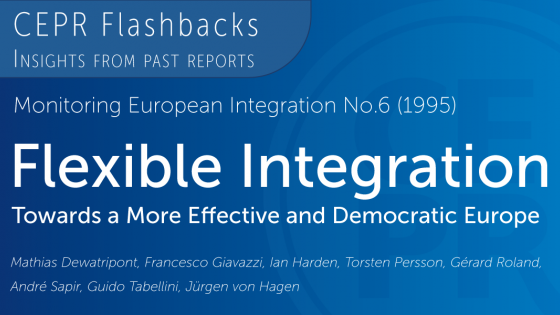DP512 The Political Economy of the Hard-ECU Proposal
The paper shows that the conversion from national currency bank notes to hard-ECU notes is promoted by the provision of an implicit and free currency call option. This wealth effect is caused by the devaluation-proof definition of this currency. Nevertheless, additional transactions and information costs would keep the demand for hard-ECUs very limited. Because of such externalities the market does not lead to a Pareto-efficient arrangement for the European monetary order. At best the hard-ECU would out-compete currencies of EC countries with above-average inflation rates, while national currencies would remain in use in the other EC countries. In addition, the competition process is distorted by the subsidy character of the implicit option. The scheme is intended to enhance monetary stability in Europe, but the need for such an additional nominal anchor is not clear, nor is any reason why the Hard-ECU Bank should have an an extremely strong stability orientation. Moreover, a deliberate interest rate policy of the HEB, which would be required to discipline national central banks, conflicts with the main target of using the market as an exploratory device for identifying an optimum European monetary order.

